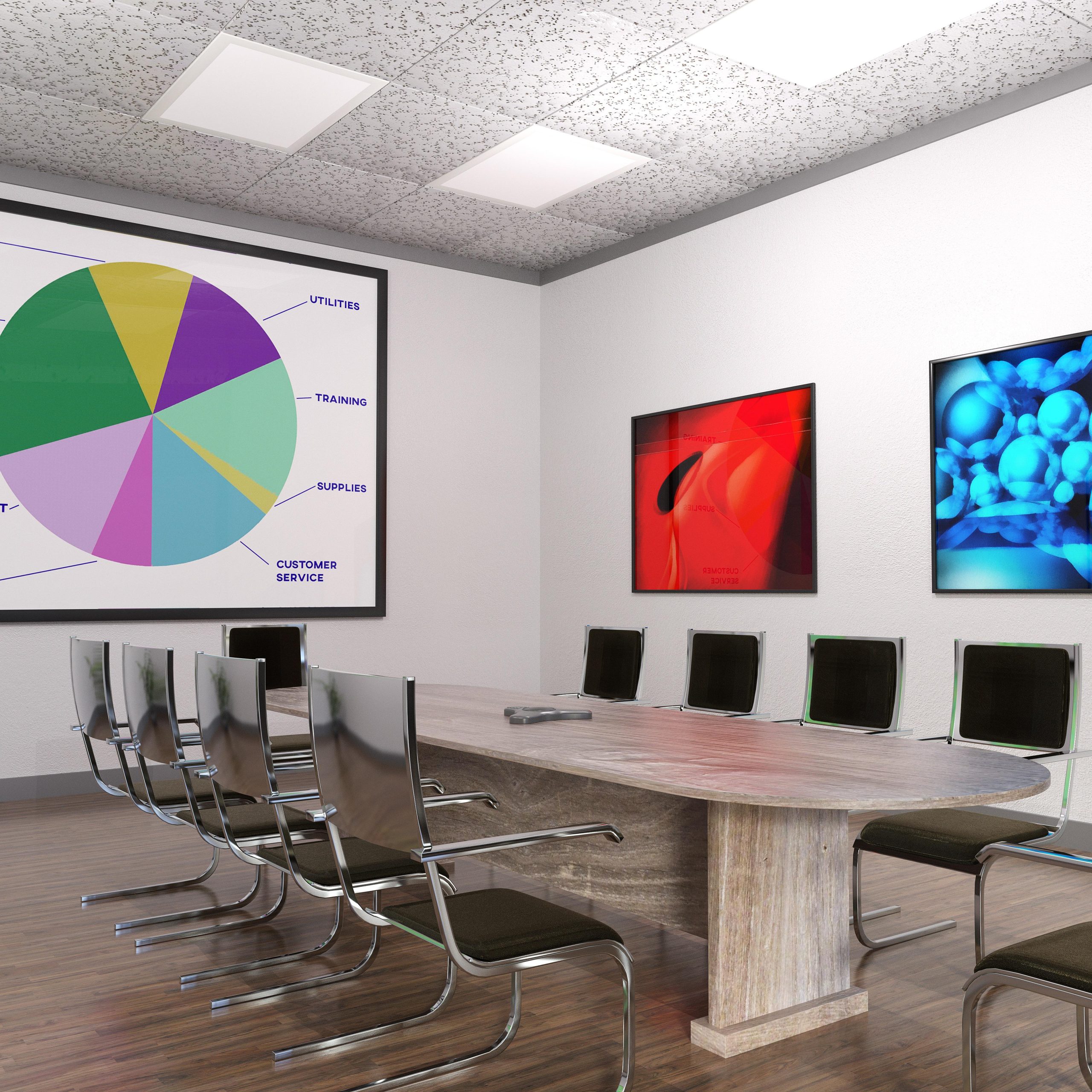It’s late at night. You promise yourself just five minutes on Instagram or TikTok before bed—and suddenly, an hour has passed. You’re not alone. Billions of people around the world spend hours scrolling every day. But have you ever stopped to wonder why? What is it about social media that keeps us hooked, and how does it shape the way we think, feel, and behave?
This article explores the psychology behind social media: the science of why we scroll, the emotional highs and lows it brings, and what it means for our mental health and daily life.
Why We Scroll: The Science Behind Social Media Habits
Social media isn’t just entertaining—it’s designed to capture and hold our attention. Here’s why:
1. The Dopamine Effect
Every like, comment, or new follower gives our brain a small reward: dopamine. This “feel-good” chemical is the same one released when we eat chocolate or win a game. Social media platforms exploit this effect by offering unpredictable rewards—sometimes your post gets lots of likes, sometimes just a few. This unpredictability keeps us coming back for more.
2. The Fear of Missing Out (FOMO)
We scroll because we don’t want to miss anything—news, trends, or updates from friends. This psychological drive makes us check our phones constantly, even when we know nothing urgent has happened.
3. Social Validation
Humans are wired to seek approval and belonging. Social media amplifies this with visible numbers: likes, shares, and comments. A single notification can feel like social acceptance, while silence can feel like rejection.
4. Infinite Scrolling Design
Platforms like TikTok and Instagram use “infinite scroll” or endless feeds. With no natural stopping point, our brains struggle to put the phone down. It’s like a slot machine—there’s always the possibility that the next scroll will show something amazing.
How Social Media Affects Our Emotions
Scrolling isn’t just a habit—it deeply impacts how we feel.
- The Highs: Funny videos, heartwarming posts, or supportive comments boost our mood instantly.
- The Lows: Comparison, cyberbullying, or negative news can trigger stress, jealousy, or sadness.
- The Rollercoaster: Switching between highs and lows keeps us emotionally hooked, much like binge-watching a series with cliffhangers.
This emotional rollercoaster can be exciting but also exhausting if unchecked.
Positive Psychological Effects of Social Media
When used mindfully, social media can actually support mental well-being:
- Connection: It helps us maintain relationships across distances.
- Belonging: Niche groups and communities provide support and shared identity.
- Inspiration: Motivational posts and creative content spark new ideas.
- Learning: Platforms offer quick access to knowledge, tips, and tutorials.
For many people, social media is a daily source of comfort, entertainment, and growth.
Negative Psychological Effects of Social Media
But the flip side is equally real:
- Comparison Trap: Seeing filtered, “perfect” lives online can lower self-esteem.
- Anxiety and Stress: Constant notifications and the pressure to respond quickly can overwhelm us.
- Addiction: Excessive scrolling disrupts sleep, focus, and productivity.
- Doomscrolling: Endless negative news feeds can worsen anxiety about the world.
- Validation Dependency: Relying too much on likes and comments can harm self-worth.
In other words, the very tool that connects us can also make us feel more alone or inadequate.
Why It’s So Hard to Stop Scrolling
Ever wondered why you keep reaching for your phone, even when you know it’s time to sleep? Psychologists point to three main reasons:
- Habit Loops: Notifications trigger the urge to check. Checking provides a reward. Over time, this becomes automatic.
- Variable Rewards: Like a slot machine, sometimes scrolling rewards you with something funny or exciting—so you keep playing.
- Escapism: Scrolling can be a way to avoid stress, boredom, or difficult emotions in real life.
How to Use Social Media More Mindfully
The good news? You don’t need to quit social media—you just need to take back control.
Practical Strategies:
- Set Boundaries: Use screen time tools to limit daily usage.
- Be Intentional: Ask yourself why you’re opening the app before you start scrolling.
- Curate Your Feed: Follow accounts that inspire and unfollow ones that trigger negativity.
- No-Phone Zones: Keep your phone out of reach during meals, before bed, or while working.
- Digital Detox: Take a day or weekend off to reset your habits.
Mindful use can turn social media into a tool for growth instead of a trap.
other articles
How to Balance Learning and Working: Time Management Tips
Learning from Mistakes: Why Failure Is the Key to Success




